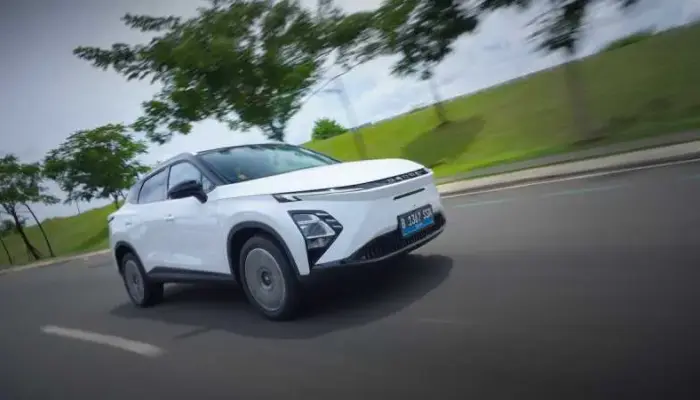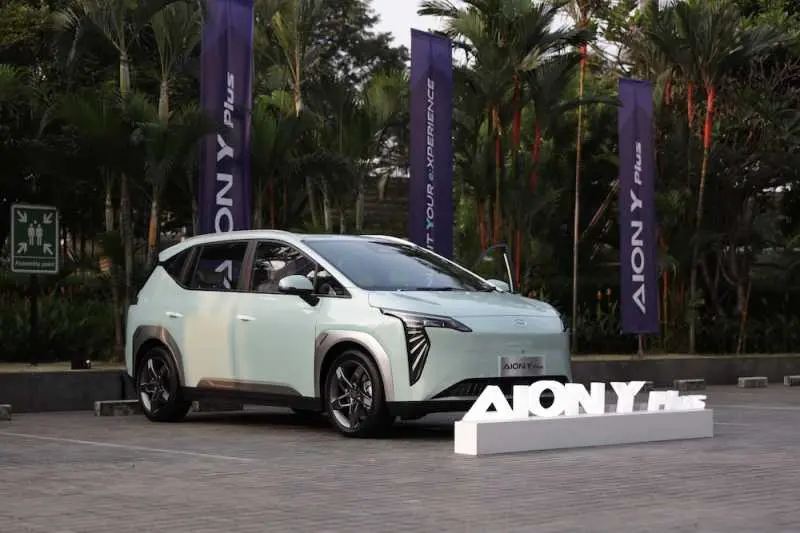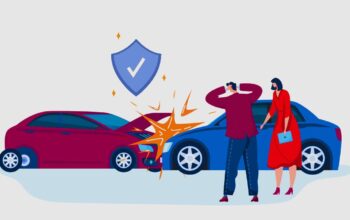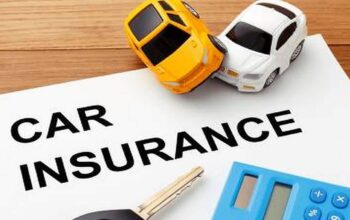Uzone.id – Electric vehicles are increasingly popular and continue to experience rapid growth. This opens up great opportunities for the insurance industry to develop innovative products and services, especially electric vehicle insurance.
Demand for electric vehicles is predicted to continue to increase in the coming years. Factors such as supportive government policies, increased environmental awareness, and technological innovation are driving this transition.
“It is very clear that the future of automotive passenger cars is electric. There is no other alternative to effectively decarbonize the passenger car transport sector. There will be a small number of fuel cells this decade, but it is clear and there is industry consensus that the most effective decarbonization of passenger cars is battery electrification,” said Patrick Schaufuss, a McKinsey & Company partner in Munich.
EV Insurance Risks and Needs:
Electric vehicles have different characteristics and risks compared to traditional petrol or diesel vehicles. So, insurance companies must start adapting to be able to meet the protection needs of electric vehicles.
Some of the differences in insurance protection between electric vehicles and vehicles with conventional engines are that there is a higher risk of fire in electric cars, due to the use of lithium batteries.
The range of electric car batteries is also still limited, so it is necessary to consider the potential for increased claims related to running out of power on the road.
New Opportunities for the Insurance Industry for Electric Vehicles:
Due to the unique differences between electric vehicles and conventional engine vehicles, then Electric vehicle insurance is not only limited to protection against damage and loss. Here are some new opportunities that can be explored:
- Usage-Based Insurance (UBI): UBI can be applied to electric vehicles to offer fairer premiums based on driving data and energy consumption. Smart Charging Insurance: This insurance can cover damage caused by malfunctions or vandalism at charging stations.
- Battery Insurance: Specialty insurance can protect EV batteries from damage, wear, and replacement.
- Emergency Assistance Services: Emergency assistance services specific to electric vehicles, such as towing and emergency charging, can be a plus on an insurance policy.
Challenges to Overcome:
Even though the potential is enormous, the insurance industry also needs to overcome several challenges in developing electric vehicle insurance, such as limited data regarding claims and accidents related to electric vehicles, making it difficult to determine risk levels and insurance premiums accurately.
The uneven development of charging infrastructure across regions can cause complications in handling claims related to power exhaustion.
Battery and EV technology is still developing, so there needs to be flexibility in insurance policies to anticipate future changes.
“Collaboration between the insurance industry, electric vehicle manufacturers, and the government is very important to overcome challenges and develop a sustainable electric vehicle insurance ecosystem,” said Budi Herawan, General Chair of the Indonesian General Insurance Association.
As electric vehicles (EVs) become increasingly popular, many insurance companies around the world are starting to offer insurance specifically for electric vehicles. This insurance is designed to meet the unique needs of electric vehicles and provides comprehensive protection to their owners.

The following is a list of several insurance companies around the world that cover electric vehicles and their benefits:
1. Allianz (Germany):
Profit:
- Protection against battery damage due to fire.
- 24-hour emergency assistance, including towing and emergency charging.
- Discounts for EV drivers who have a home charging system.
2. AXA (France):
Profit:
- Protection against accidental damage, vandalism, and theft.
- Protection against flood and storm damage.
- Comprehensive insurance that covers all major risks.
3. Generali (Italy):
Profit:
- Flexible premium options based on driving style and risk profile.
- Comprehensive third-party insurance.
- Legal assistance in case of an accident.
4. Zurich Insurance Group (Switzerland):
Profit:
- Protection against mechanical and electrical damage.
- Insurance for damage caused by wildlife accidents.
- Easy and fast claims service.
5. Axa Help (France):
Profit:
- 24-hour roadside assistance, including towing, emergency charging, and tire change assistance.
- Vehicle pick-up and delivery service if damage occurs.
- Travel insurance for EV.
6. Admiral Group (UK):
Profit:
- Competitive insurance premiums, especially for experienced EV drivers.
- Protection against collision damage and vandalism.
- Option to add additional protection such as personal accident insurance.
7. Covea (France):
Profit:
- Discounts for EV drivers who use renewable energy for charging.
- Coverage for damage caused by mechanical and electrical failures.
- Easy to use online claims service.
8. Mapfre (Spain):
Profit:
- Coverage for damage caused by battery fire and accidental damage.
- Coverage for damage caused by natural disasters such as earthquakes and floods.
- Legal assistance in the event of a dispute with a third party.
9. Unipol Gruppo (Italy):
Benefit:
- Flexible premium options based on EV annual mileage.
- Insurance against mechanical and electrical damage.
- Multi-lingual claims service.
10. Ergo (Germany):
Benefit:
- Protection against battery fire and accidental damage.
- Insurance against vandalism and theft.
- Claims services that are easy to access online and by telephone.
















